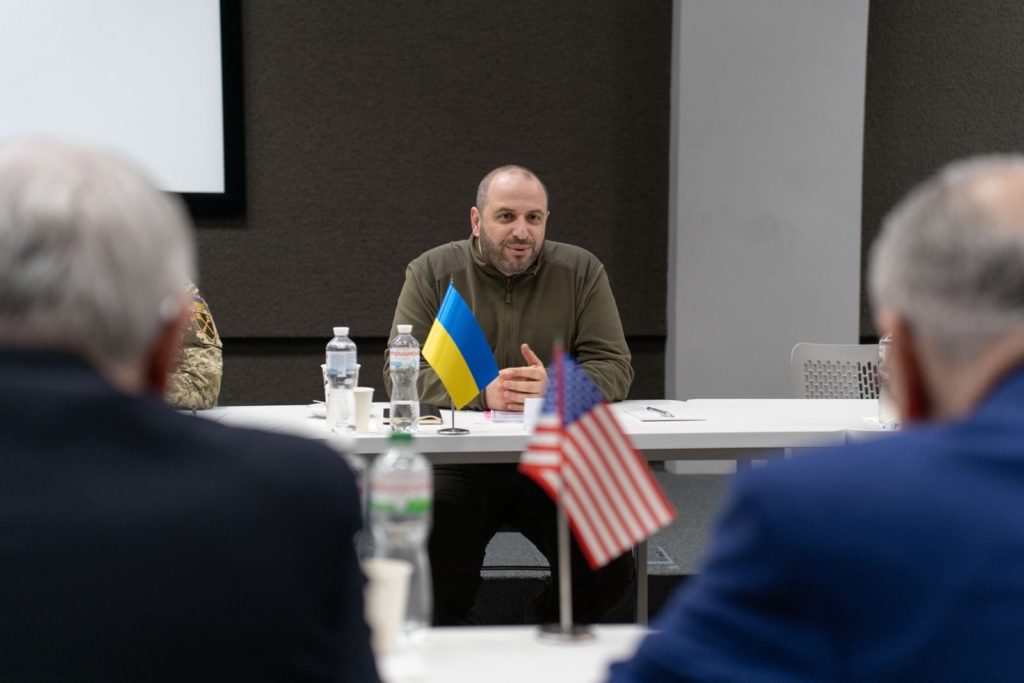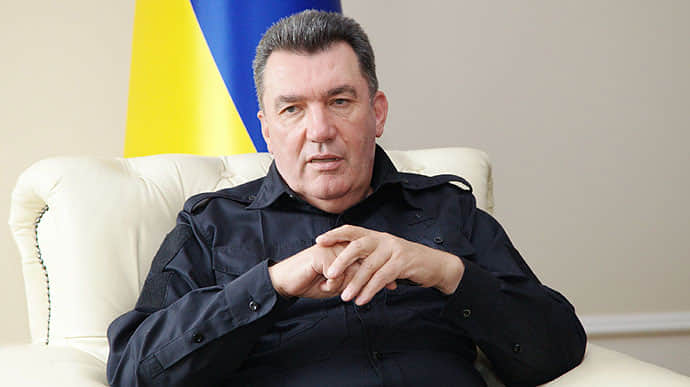Trump fights Jan. 6 civil lawsuits on 4th anniversary of riot
A lawyer for Donald Trump argued Monday that the Supreme Court ruling last summer granting him criminal immunity for some official acts also bolsters his case to escape liability in civil suits filed against him related to the Capitol riot on Jan. 6, 2021. As proceedings to certify Trump’s 2024 victory were getting underway at the Capitol Monday, Trump’s attorneys and lawyers for Democratic lawmakers suing him squared off at a virtual hearing to address the status of one of eight lawsuits the president-elect faces alleging that his actions and statements fueled the violence that broke out four years ago. Attorney Jonathan Shaw told U.S. District Judge Amit Mehta that the Supreme Court’s decision last July provides “further insight” into the legal standard applicable to Trump’s bid to throw out the lawsuits on the grounds that they complain about official acts he took as president. That high court ruling stalled the federal criminal case charging him with conspiring to derail the electoral vote count in 2021. And after his win last November essentially doomed that prosecution, Trump’s opponents have focused on the continuing civil suits as the only obvious mechanisms to seek legal accountability for his alleged role in fomenting the storming of the Capitol and the associated clashes with police. Mehta suggested an evidentiary hearing might be necessary to determine whether Trump’s entitled to civil immunity, but Shaw said the protection for the once and future president is so broad that such a proceeding would likely not be required. “We win unless it is absolutely clear that these are not official acts,” Shaw said during the 40-minute hearing, held as in-person court proceedings were postponed due to snow. “Unless all of the subsidiary facts are subject to dispute … we don’t need that trial.” However, a lawyer for ten Democratic House members suing Trump said the high court’s decision and a 2023 ruling from the D.C. Circuit Court of Appeals make clear that, to shut down the lawsuits, Trump has to establish that he was acting in his official capacity as president. That includes when he was speaking to a large crowd at the Ellipse on Jan. 6, 2021, and in other actions he took encouraging opposition to the certification of Joe Biden’s win. “None of these decisions have changed the fact that the burden is on President Trump to demonstrate his way to immunity,” lawyer Joseph Sellers said. Mehta, an appointee of President Barack Obama, seemed to agree. “It’s your burden. … I’m not sure it’s my ultimate job,” the judge told Trump’s attorney. Trump faces a Friday deadline to detail his factual claim to immunity in the eight lawsuits. Attorneys for the plaintiffs are due to respond next month, with Mehta indicating he will seek to rule on the issue during the spring. Any ruling is all but certain to result in another appeal to the D.C. Circuit and likely to the Supreme Court.
A lawyer for Donald Trump argued Monday that the Supreme Court ruling last summer granting him criminal immunity for some official acts also bolsters his case to escape liability in civil suits filed against him related to the Capitol riot on Jan. 6, 2021.
As proceedings to certify Trump’s 2024 victory were getting underway at the Capitol Monday, Trump’s attorneys and lawyers for Democratic lawmakers suing him squared off at a virtual hearing to address the status of one of eight lawsuits the president-elect faces alleging that his actions and statements fueled the violence that broke out four years ago.
Attorney Jonathan Shaw told U.S. District Judge Amit Mehta that the Supreme Court’s decision last July provides “further insight” into the legal standard applicable to Trump’s bid to throw out the lawsuits on the grounds that they complain about official acts he took as president.
That high court ruling stalled the federal criminal case charging him with conspiring to derail the electoral vote count in 2021. And after his win last November essentially doomed that prosecution, Trump’s opponents have focused on the continuing civil suits as the only obvious mechanisms to seek legal accountability for his alleged role in fomenting the storming of the Capitol and the associated clashes with police.
Mehta suggested an evidentiary hearing might be necessary to determine whether Trump’s entitled to civil immunity, but Shaw said the protection for the once and future president is so broad that such a proceeding would likely not be required.
“We win unless it is absolutely clear that these are not official acts,” Shaw said during the 40-minute hearing, held as in-person court proceedings were postponed due to snow. “Unless all of the subsidiary facts are subject to dispute … we don’t need that trial.”
However, a lawyer for ten Democratic House members suing Trump said the high court’s decision and a 2023 ruling from the D.C. Circuit Court of Appeals make clear that, to shut down the lawsuits, Trump has to establish that he was acting in his official capacity as president. That includes when he was speaking to a large crowd at the Ellipse on Jan. 6, 2021, and in other actions he took encouraging opposition to the certification of Joe Biden’s win.
“None of these decisions have changed the fact that the burden is on President Trump to demonstrate his way to immunity,” lawyer Joseph Sellers said.
Mehta, an appointee of President Barack Obama, seemed to agree. “It’s your burden. … I’m not sure it’s my ultimate job,” the judge told Trump’s attorney.
Trump faces a Friday deadline to detail his factual claim to immunity in the eight lawsuits. Attorneys for the plaintiffs are due to respond next month, with Mehta indicating he will seek to rule on the issue during the spring. Any ruling is all but certain to result in another appeal to the D.C. Circuit and likely to the Supreme Court.



